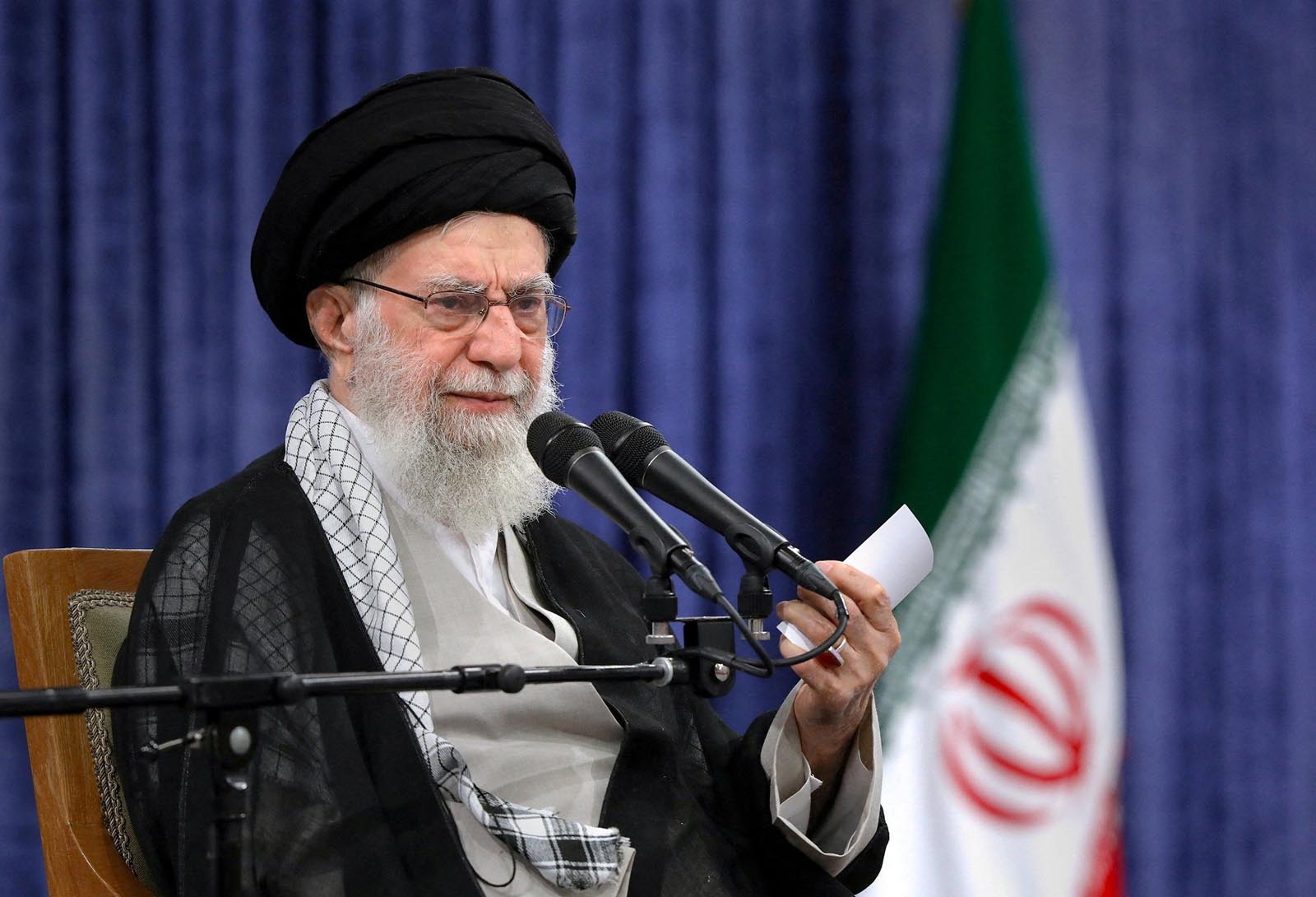Iran’s Supreme Leader Ayatollah Ali Khamenei warned on Wednesday that Tehran is ready to counter any new military strikes with even greater force than during the recent 12-day conflict with Israel. In a televised address, Khamenei praised Iran’s defiance against the U.S. and Israel, citing its missile attack on Qatar’s Al Udeid airbase as evidence of its military reach. “An even bigger blow could be inflicted,” he declared, signaling readiness for further escalation.
Nuclear Talks at a Crossroads
The U.S. and European powers have set an end-of-August deadline for reviving the 2015 nuclear deal, with France threatening to reimpose UN sanctions if no progress is made. However, Iran’s Parliament issued a statement opposing renewed negotiations unless preconditions—including security guarantees against attacks—are met. Foreign Minister Abbas Araqchi has repeatedly stated that Tehran won’t stop uranium enrichment or discuss its ballistic missile program, key sticking points in past talks.
Diplomatic Stalemate
Before the recent hostilities, Oman-mediated indirect talks between the U.S. and Iran had stalled over Washington’s demand for Tehran to abandon domestic uranium enrichment. Khamenei urged Iranian diplomats to continue their work “from a position of strength” but provided no details on potential compromises. The deadlock raises concerns that the region could slide back into military confrontation if diplomacy fails.
Global Implications
With the threat of sanctions snapback and Iran’s refusal to concede on core issues, the path to a revived nuclear deal remains uncertain. Meanwhile, Khamenei’s threats of larger-scale retaliation underscore the volatile security landscape in the Middle East. As both sides weigh their next moves, the international community braces for either a breakthrough or renewed conflict.














